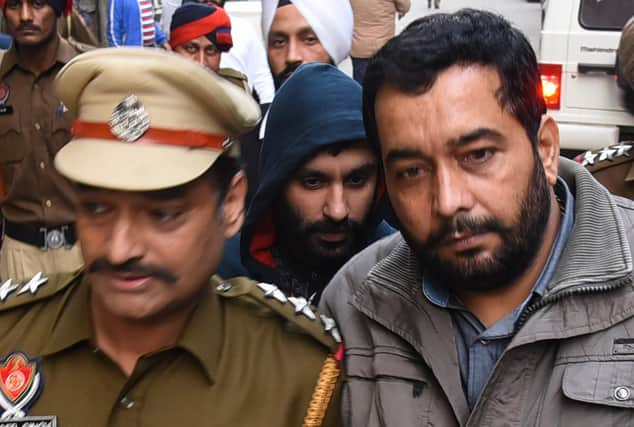Pressure must be piled on India over Johal case


The blogger’s family says he was shopping with his wife when he was snatched from the street by plain-clothes Punjab Police officers and forced into an unmarked car. He says that in the following days he was beaten and tortured, given electric shocks to his genitals and made to sign a blank confession document – claims denied by Indian authorities.
Mr Johal has been in custody ever since, accused of funding the purchase of weapons used to assassinate a number of right-wing Hindu religious and political leaders. He faces eight charges of conspiracy to murder linked to political violence and could receive the death penalty. He and his family deny the charges and say his arrest was political.
Advertisement
Hide AdAdvertisement
Hide AdOver the years, the UK government has refused to call for Mr Johal’s immediate release on the grounds that doing so could be seen as an interference in the judicial process.
As recently as July, the BBC reported that Foreign Secretary James Cleverly had told Mr Johal’s brother the government had decided it was best not to pressure India over the case.
Therefore it may have come as a welcome surprise to learn that Prime Minister Rishi Sunak discussed the case with his Indian counterpart Narendra Modi when they met at the G20 summit in New Delhi.
But the discussion only came after a cross-party group of at least 70 MPs wrote to Mr Sunak last week demanding he press the Hindu nationalist leader to “immediately release” Mr Johal.
And, as the director of Reprieve Maya Foa notes, Theresa May and Boris Johnson fruitlessly “raised” the case during their tenures as prime minister.
Mr Johal has now had to endure six years in Indian custody facing the prospect of execution over charges he strenuously denies.
Despite difficulties for diplomacy, Indian authorities must be left in no doubt that the UK government views this as an unacceptable way for one of its citizens to be treated.